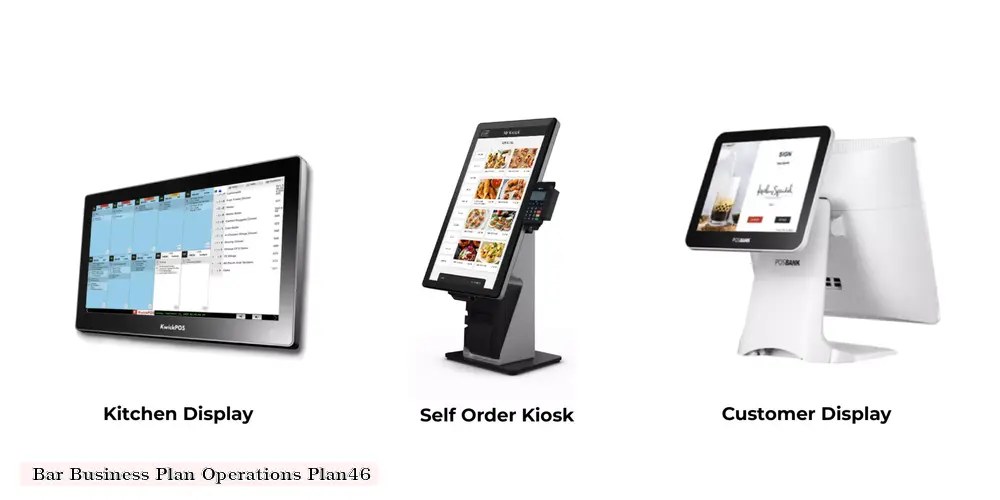

Business Plan
Executive Summary
Market Analysis
Operations Plan
* Create a menu that aligns with the concept and target market.
* Source high-quality ingredients and develop innovative dishes.
* Design an efficient kitchen layout and workflow.
* Establish food safety and sanitation protocols.
* Train kitchen staff on proper cooking techniques and equipment usage.
* Create a welcoming and efficient dining experience.
* Train servers on menu knowledge, order taking, and customer service.
* Implement a reservation system and manage seating arrangements.
* Develop a comprehensive bar menu featuring signature cocktails, craft beers, and wines.
* Train bartenders on mixology techniques and responsible alcohol service.
* Recruit and hire a skilled and motivated team.
* Provide comprehensive training on all aspects of restaurant operations.
* Establish a system for tracking inventory levels and reordering supplies.
* Implement cost-control measures to minimize food and beverage waste.
* Develop a marketing strategy to reach the target market.
* Utilize social media, online advertising, and public relations to promote the restaurant.
* Forecast revenue, expenses, and profitability.
* Identify key financial metrics and establish performance targets.
Financial Plan
* Estimate the initial investment required for equipment, renovations, and working capital.
* Project ongoing expenses such as rent, utilities, food and beverage costs, and labor.
* Forecast sales based on market analysis and industry benchmarks.
* Calculate projected profit margins and return on investment.
Conclusion
DISCLAIMER: This information is provided for general informational purposes only, and publication does not constitute an endorsement. Kwick365 does not warrant the accuracy or completeness of any information, text, graphics, links, or other items contained within this content. Kwick365 does not guarantee you will achieve any specific results if you follow any advice herein. It may be advisable for you to consult with a professional such as a lawyer, accountant, or business advisor for advice specific to your situation.
today
Copyright © 2025 Kwick365.com
Designed by KwickPOS is the best restaurant POS